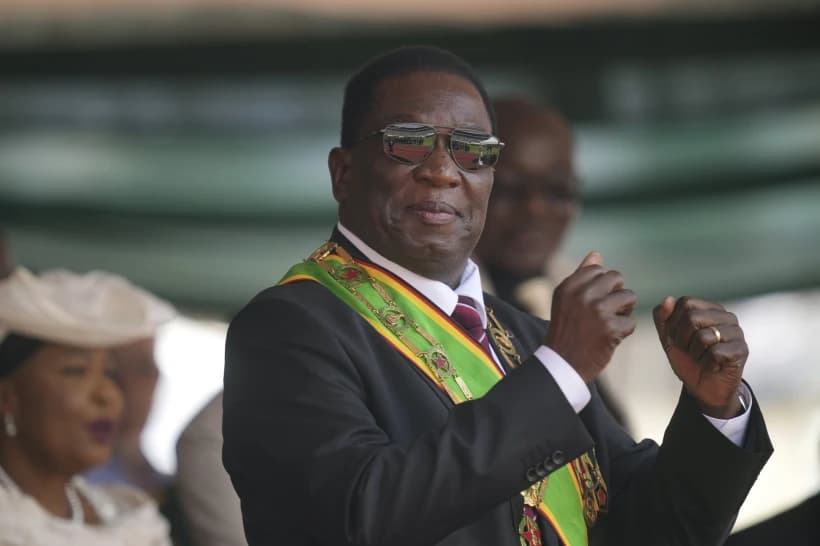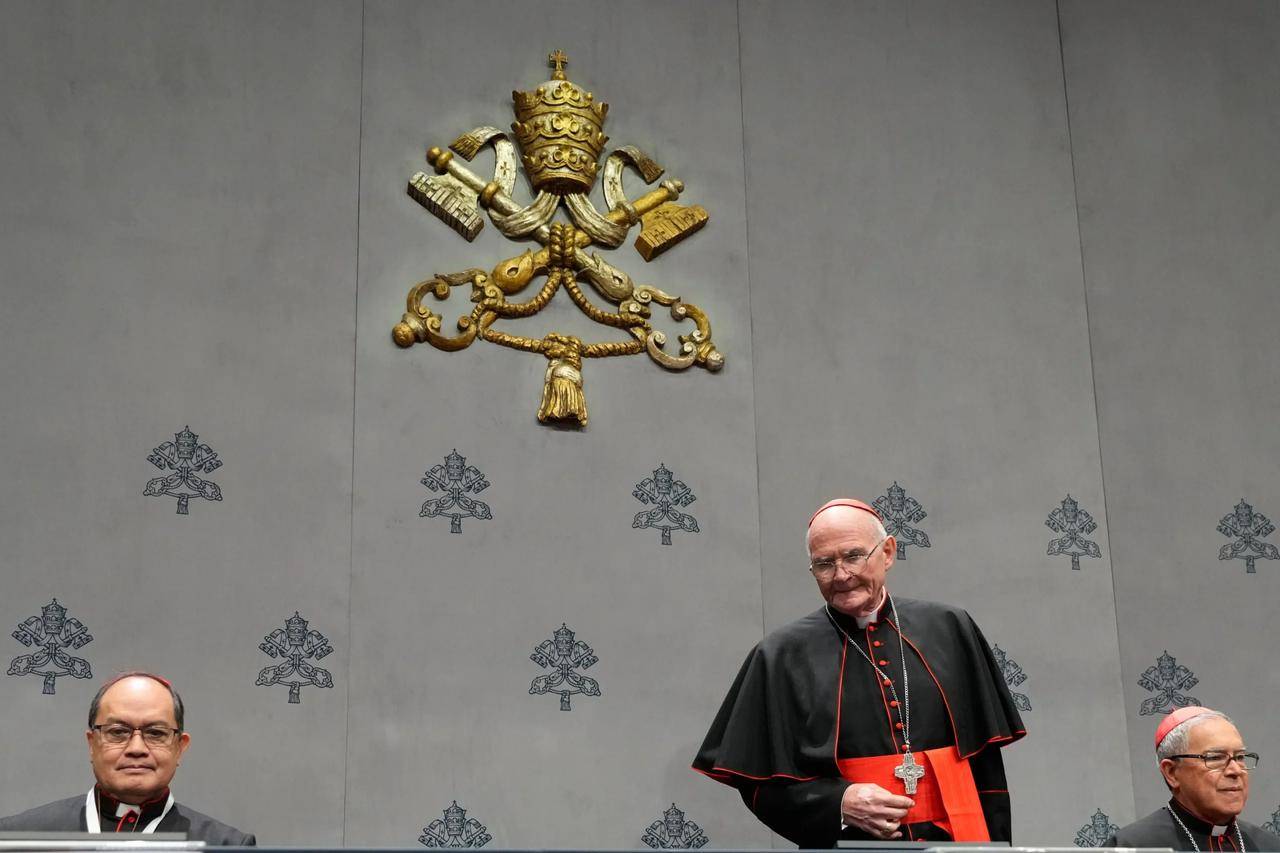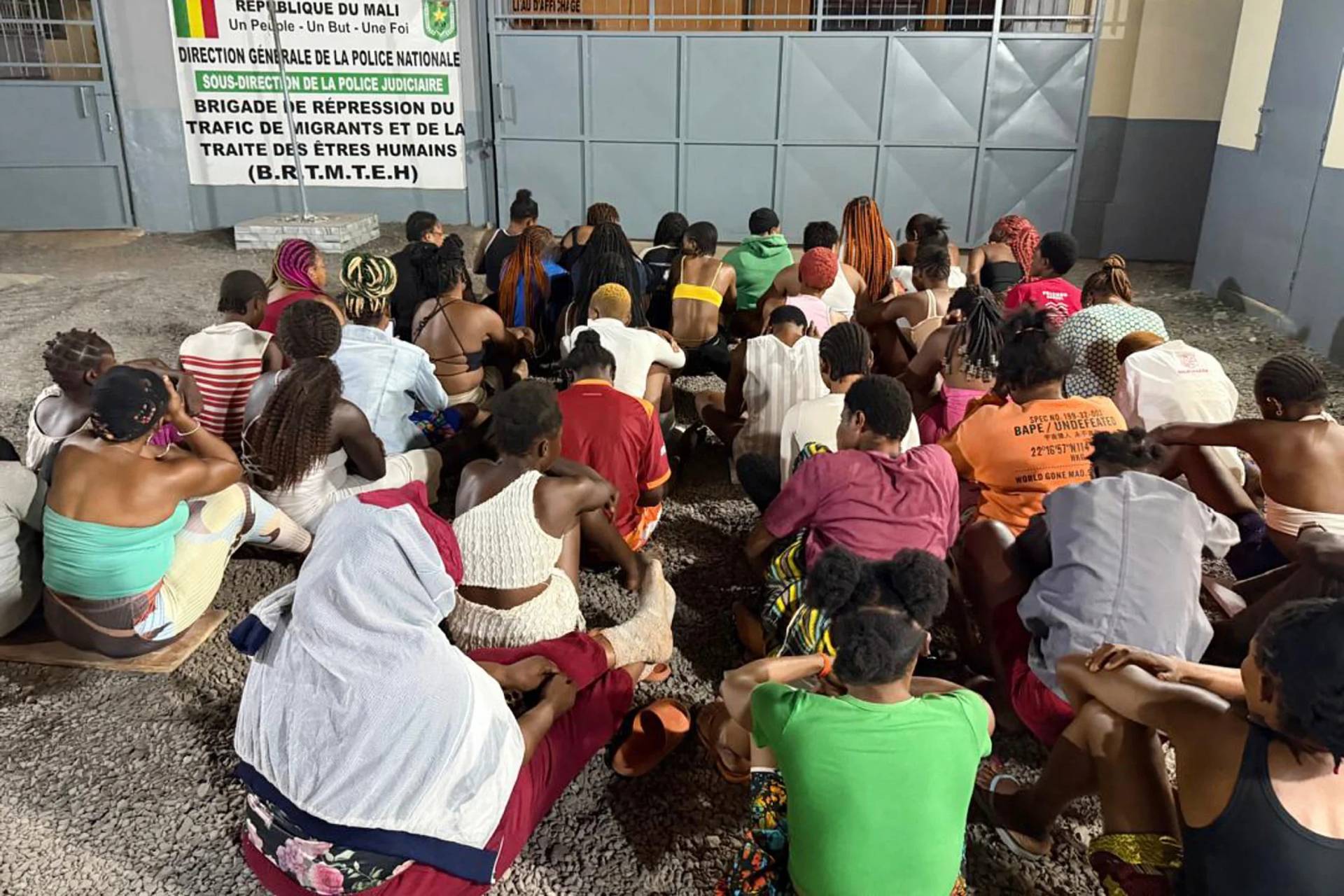YAOUNDÉ, Cameroon – A move to get President Emmerson Mnagagwa of Zimbabwe to extend his stay in power beyond 2028 is from “sinister self-serving motives,” according to the Secretary General of the Zimbabwe Catholic Bishops’ Conference.
People serving in the president’s cabinet and some members of his ZANU-PF party have in recent weeks ramped up calls for him to seek re-election in 2028, despite the fact it would violate the constitutional limit of two 5-year terms.
“The politically broad-based call to extend the Presidential term of office beyond 2028 remains a rightful and unquestionable obligation for parliament, the party of Zimbabwe’s permanent national democratic national revolution, ZANU-PF and other legitimate political stakeholders,” said the country’s Minister of Information, Publicity and Broadcasting Services, Dr. Jenfan Muswere.
On January 14, the ZANU-PF party reaffirmed the intentions to prolong President Mnangagwa’s term by an additional two years, extending it to 2030.
The calls for such an extension to the presidential term limits has irked the Church in Zimbabwe, with Members of the Zimbabwe Heads of Christian Denominations (ZHOCD) issuing a strongly-worded statement on January 21 warning that extending presidential term limits could erode public trust in Zimbabwe’s electoral processes and destabilize the country.
“As the Church, we emphasize the importance of implementing electoral reforms and ensuring regular free and fair elections to ensure accountability, transparency, and the peaceful transfer of power,” they said.
They urged the President to respect the Constitution by not only keeping to the presidential term limits but also making sure that a peaceful transfer of power takes place in 2028.
In comments to Crux, Father Tryvis Moyo, Secretary General of the Zimbabwe Catholic Bishops’ Conference, said calls for an extension of presidential terms are coming mostly from politicians who stand to benefit from an extension of the Mnangagwa Presidency.
Such a move would require a revision to the country’s Constitution.
“One has to recall that some of the ministers were appointed by the president. Other members of the Parliament are in office after the recalls that went against the voice of the electorate,” Moyo said.
“One wonders how many of those are likely to win were we to have the elections. So there are sinister self-serving motives in seeking to have the President’s stay in office extended. One wonders whether it’s about the president or individuals who are well cushioned under his reign and who stand to lose should he leave office,” the priest added.
He noted, however that, realistically, Mnagagwa’s party still stands the chance of winning the next election because the opposition parties are in disarray and “it will not take the [ruling] party much of an effort to win any elections.”
“The party’s stay in power does not hang on the president,” he told Crux.
Muswere blasted Zimbabwe’s Church leaders, describing them as “narrow-minded” and dismissing its position as a “regime change donor antics.”
It’s a stance Father Johnston Mlambo, National Coordinator of the Social Communications of the Zimbabwe Catholic Bishops Conference (ZCBC) notes can only be expressed by a government that has failed “to live up to its self-proclaimed identity as a “listening government.”
“It is important to note that the ZHOCD’s [Zimbabwe Heads of Christian Denominations] statement did not dispute the jurisdiction of parliamentarians to propose such motions. Rather, it expressed a concern rooted in democratic principles, constitutionalism, and the rule of law. The Church emphasized the risks associated with extending presidential term limits, particularly the erosion of public trust in electoral processes and the potential destabilization of the nation,” the priest told Crux.
“The Church’s call for adherence to constitutional term limits, peaceful transitions of power, and credible elections is not only valid but aligns with values fundamental to the stability and progress of any democratic society,” he said.
He accused the government of “an unwillingness to engage with constructive criticism and a tendency to suppress voices advocating for accountability and transparency.”
“A truly listening government would have responded by addressing the concerns raised, providing a rational defense if needed, or at the very least, fostering dialogue to reassure citizens of its commitment to democracy,” Mlambo said.
The priest said the government’s attack on the Church “disregards the critical role of parliamentarians as representatives of the people. “
“Legislators should act in the best interests of their constituents, not use their positions to advance proposals that may be contrary to the public will. Attempting to impose a presidential term extension without genuine public consultation is an affront to the principles of representation and democracy,” he told Crux.
Moyo expressed apprehension that an extension to the presidential term beyond 2028 risks creating a personality cult in Zimbabwe and could set a precedent where future leaders would routinely change the Constitution to suit their whims.
“People have the President’s word that he will not be running for the office after the end of his two terms,” the priest told Crux.
“His integrity is at risk,” he added.













